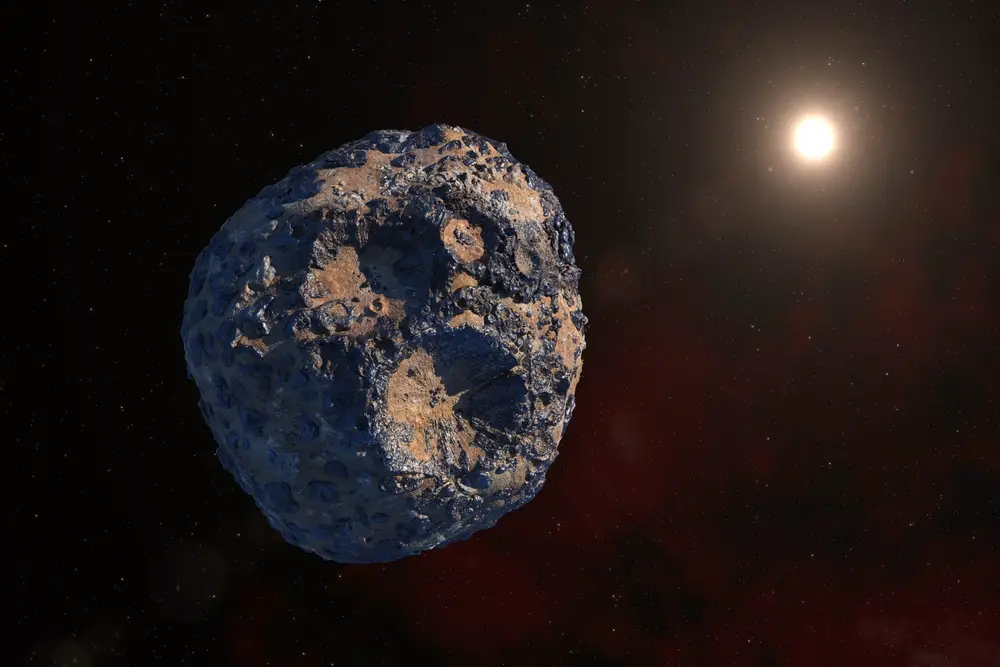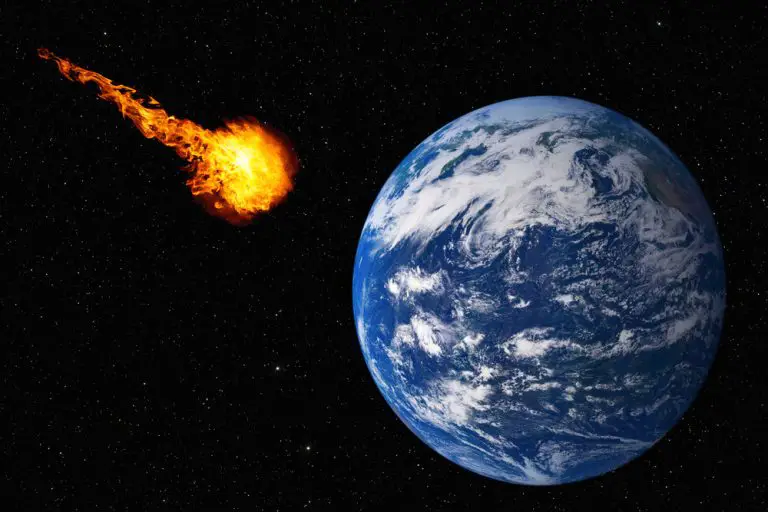Scientists have provided an update on the so-called “God of Chaos” asteroid, Apophis, and its potential threat to Earth. Apophis, which was initially believed to pose a significant risk of colliding with our planet in the near future, has been the subject of intense scrutiny and study. The asteroid is approximately 1,100 feet in diameter and is named after the Egyptian god of chaos, reflecting the initial concerns about its impact.
Recent assessments by NASA and other space agencies have significantly reduced the likelihood of Apophis striking Earth. With more precise calculations and observations, scientists now estimate that the chances of Apophis hitting Earth in the foreseeable future are extremely low. This news has provided a sense of relief to those who feared the asteroid could cause catastrophic damage if it were to collide with Earth.

The concern over Apophis first emerged in 2004 when initial observations suggested a relatively high probability of impact in 2029. However, continued monitoring and analysis have allowed astronomers to refine their predictions. The updated data indicates that Apophis will safely pass by Earth in 2029, at a distance of around 19,800 miles, which is closer than some of our satellites but still a safe distance.
Despite the low risk, scientists are using the opportunity to study Apophis as it makes its close approach. This event provides a unique chance to observe an asteroid up close, allowing for better understanding of its composition and behavior. The study of Apophis and other near-Earth objects is crucial for improving planetary defense strategies and preparing for any future threats from space.
Overall, while the initial discovery of Apophis raised alarm, advancements in technology and our understanding of asteroids have turned this potential threat into a valuable learning opportunity. The current consensus is that there is no imminent danger from Apophis, and Earth remains safe from its path.




